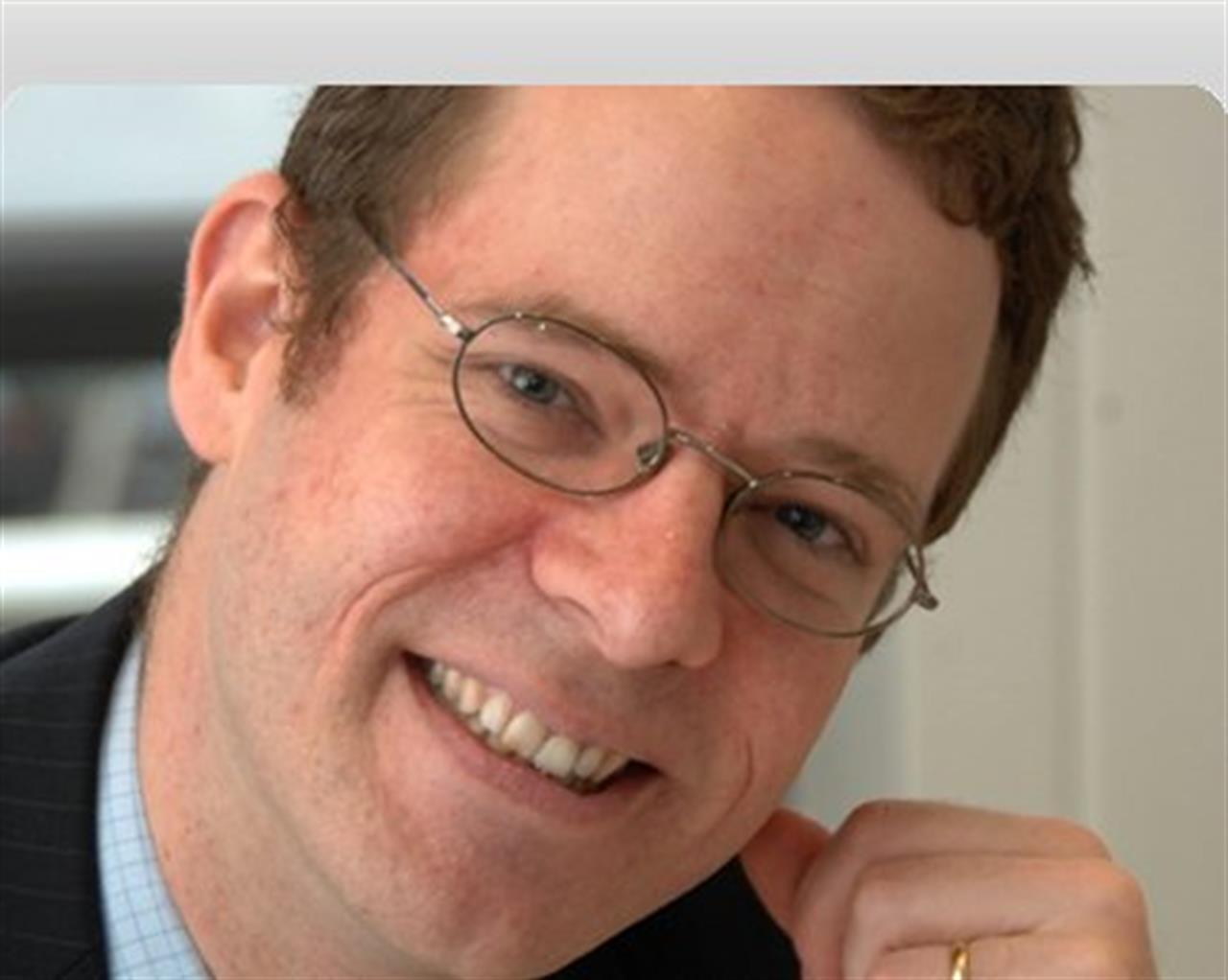Non profit
One hundred million expectations
Interview with John Macdonald, who is leading the task force coordinating the European Year for Volunteering

“The European year is being called on to build the foundations of an ongoing challenge for volunteering in Europe, particularly for member states”. It takes only a few words to define a mission and its objectives. John Macdonald, who is at the helm of the task force created by the European Commission to coordinate the European Year for Volunteering, has very clear ideas about the opportunities (and limitations) that are being presented in 2011 to the 100 million European citizens who make up the European volunteering sector. “If it were a country,” says Macdonald, “it would be Europe’s largest Member State”. And this country has high hopes. The task force leader, who is himself a volunteer, is well aware of what these hopes are; directly from the offices of the European Commission’s Directorate General for communication, he has chosen to share them with Vita Europe’s readers.
Lets start with the objectives…
First and foremost we want to make volunteering more accessible. Today, the situation in Europe varies from country to country but in a number of member states there are obstacles that prevent people from volunteering.
Such as?
In the case, for instance, of people who are unemployed and who want to volunteer, perhaps to keep-up their skills. In some countries this isn’t allowed because the unemployed are expected to spend all of their time looking for work, not volunteering. If they do choose to volunteer, they risk loosing their unemployment benefits. So, the European Year is an opportunity to invite member states to reflect on the possibility of removing such obstacles. In the context of an increasingly integrated European arena, our second objective is to promote networking among social NGOs and to encourage the exchange of best practices as this is of great use to volunteering organisations that wish to understand how organisations elsewhere have overcome the obstacles they are now facing. The third objective is to ensure that volunteering is recognized.
What do mean by ‘recognized’?
In Europe we are missing internationally comparable statistical data on volunteering which is vital when drafting policies in favour of volunteering and for a more efficient management of the sector. The crucial question is: how can we support a sector that we do not know the size of? There are various initiatives, such as the “European volunteer measurement project” being carried out by the Johns Hopkins University in collaboration with the European Volunteer Centre (CEV) and the Lazio Volunteer Services Centre (SPES), that seek to convince fifteen member states to adopt, in 2011, a standardised manual for the measurement of volunteering.
Is the European Commission in favour of this project?
Yes, because it answers one of the main objectives that we have set ourselves for 2011, that is to say, a better understanding of the world of volunteering and its impact on the economy, society and the individual.
Volunteering, however, continues to be the main ‘victim’ of this lack of recognition. What can be done?
Too often, the skills and abilities that citizens gain in the field of volunteering are not recognised because they are reduced to learning experiences carried out in an informal environment. Officially recognising and validating these kinds of learning experiences is a crucial challenge. This summer, the European Commission should take an official stance and show the way to improving the validation of such ‘non-formal’ learning experiences. We are talking about a development that could potentially have a great impact on volunteering. The European year is being called on to build the foundations of ongoing work to improve the situation for volunteering in Europe – work that would need to be carried out mainly by the member states, since volunteering falls under their authority.
What does the Commission expect from the organisations grouped under the EYV2011 Alliance?
By the end of 2012, our task force must draft a report to evaluate the European year and its many activities. This will also report on the Alliance’s proposals. The report will be an important tool to help identify the guidelines, both at a national and European level, for volunteering in coming years.
2012 is a long way off. A political signal is expected from the Commission in 2011. There is talk of a White Paper, a Green Paper …
It is too early to say.
17 centesimi al giorno sono troppi?
Poco più di un euro a settimana, un caffè al bar o forse meno. 60 euro l’anno per tutti i contenuti di VITA, gli articoli online senza pubblicità, i magazine, le newsletter, i podcast, le infografiche e i libri digitali. Ma soprattutto per aiutarci a raccontare il sociale con sempre maggiore forza e incisività.
